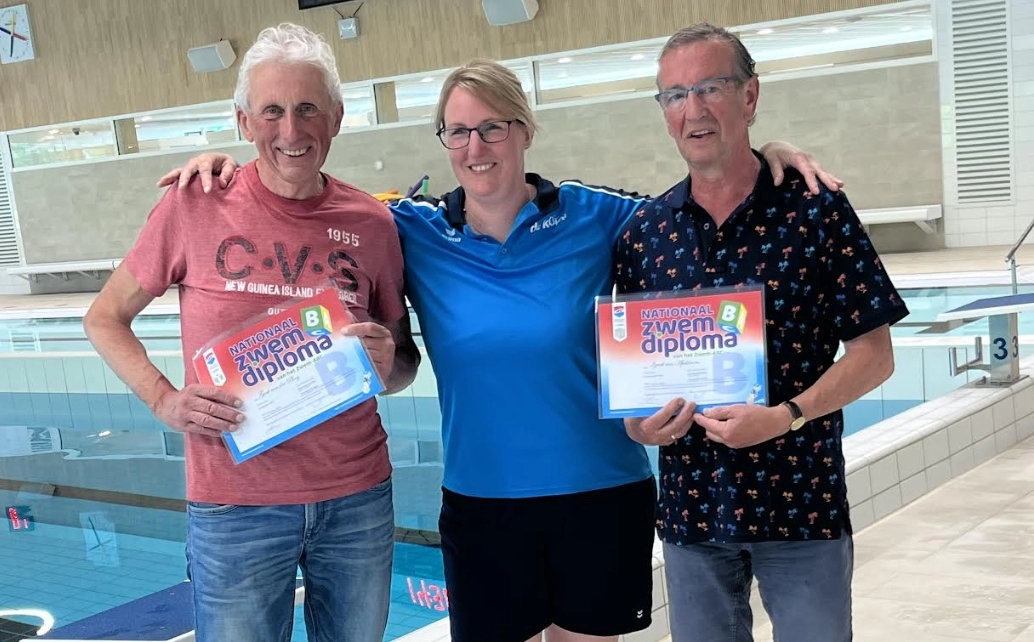Type 1 diabetes is a condition that requires constant attention and care. People with type 1 diabetes need continuous monitoring to keep their blood sugar levels within optimal limits and to avoid the complications that can occur when diabetes is mismanaged.
In this context, it is important to pay attention to the involvement of the partner in the family of people with type 1 diabetes. He or she can play a key role in the management of this condition and be an assistant to their partner in the fight for better health.
Maria Haughton, who recently became a mother but has had diabetes for 9 years, shares how a partner can be involved in diabetes management:
“My husband is my biggest support. Early on in our relationship, he was extremely active in wanting to help me, so he read a lot about my condition. He even made an appointment with my endocrinologist to find out how to be helpful.
It has learned to read the results that the continuous blood glucose monitoring sensor I use reads. Together with me, he began to monitor how glucose levels change in different conditions – after eating, sports, excitement, before meals. He wanted to know everything I was doing for myself to manage my diabetes well.
The Dexcom One sensor has the function of alarming when sugar levels drop sharply or rise.
My husband was very worried at first, but with time he understood how to calculate the amount of insulin to be injected and even learned to do it himself.
As these modern systems are very easy to use, yet extremely accurate, David can fit the sensor himself, change it and read the readings. I would say that his support gives me great peace of mind and security, especially now that we already have a child. After learning everything I know, he is no longer worried and is much more relaxed about our future.”
In general, the partner of a person with type 1 diabetes has an extremely important role in their life. He or she can be involved in monitoring blood sugar levels, taking medications, and following a healthy diet.
They can encourage and support their partner to stick to healthy habits and avoid factors that would influence blood sugar levels to rise, such as eating inappropriate foods.
The most important thing is that in an emergency the partner knows how to give first aid. The partner can be trained to help in an emergency, such as hypoglycemia (low blood sugar) or diabetic ketoacidosis (high blood sugar).
Moral support – Type 1 diabetes can be physically and emotionally taxing on people who experience it. Partners can provide moral support and help their partner cope with emotional challenges.


